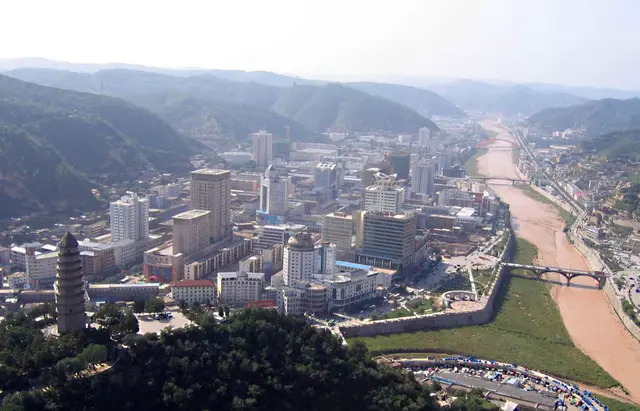Shen Hua, a chemical plant executive, filed an application for a new project six months ago, and he is still waiting for local government approval.
Compared with government's eagerness four years ago, when it invited him to open the Yufang Chemical Plant in Junan County, in east China's Shandong Province, the bureaucracy is somewhat disappointing. Shen's company employs more than 60 workers and churns out 2,000 tonnes of fusel oil annually.
The new project could bring dozens of jobs, "but without approval, I don't know when the project can be started," Shen said.
Wang Zhongwu, a professor of sociology, said reluctance to approve the program is partly due to changes in evaluation. In December, the Organization Department of the Communist Party of China (CPC) Central Committee shifted the prime assessment criteria away from GDP and emphasized environmental protection, excess capacity and production safety instead.
Local governments are also trying to keep chemical plant programs at arms' length because of the ease with which they draw public and media attention, according to Wang.
In March, more than 1,000 people in Maoming, a city in south China's Guangdong Province protested in front of a government building for two days against a paraxylene (PX) plant.
Wang added that Shen's case has anti-graft implications. Bureaucratic slackness is emerging in some places in the face of a continued anti-graft campaign which began after the 18th CPC National Congress in late 2012. The campaign has smoked out corrupt officials both high and low.
According to the CPC Central Commission for Discipline Inspection (CCDI), in the first five months of the year, 62,953 officials were sanctioned, up 34.7 percent over the same period last year.
Wang said the campaign has shocked and awed many bureaucrats, who appear unwilling to do a stroke of work, thereby avoiding involvement in corruption. They are particularly wary of big-ticket projects and anything related to the environment.
Following these signs of unproductive conduct, concrete measures now prevent officials at all levels from sliding into slackness, and ensure central government policy is carried out at the local level.
The State Council, China's cabinet, conducted a nationwide inspection of its policies from June 25 to July 5. Central government inspectors, made up of central government officials, examined how policies were being implemented by local governments, identified challenges and offered suggestions. This is the first inspection on such a scale by the current administration. The State Council is scheduled to hear the reports on July 20.
Though not as harmful as corruption, slackness will undermine reform plans, said Qi Ruqing, a professor at the Party School of the CPC Shandong Provincial Committee.
On June 6, President Xi Jinping told the third meeting of the central leading group for overall reform that reform should be "better targeted and more effective", beginning with concrete issues and aimed at prominent problems.
"The success of reform will be decided by whether our goal is reached and the success of our blueprint will be its implementation," said Xi.
Xi stressed that every single issue should have specific personnel to manage, supervise, urge and implement.
Besides efforts from central government, local governments are aware of the problem of slackness.
Sanmenxia City in central Henan Province initiated a campaign in May to find officials who were not doing their jobs.
"Six officials were dismissed and a total of 136 have been punished to date," according to report carried by the People's Daily on July 10.
In Qufu city in Shandong Province, the local government has set up an office, a hotline and an express vehicle to improve bureaucratic efficiency.
The mechanism, which holds the first officials who deal with requests from people or companies accountable, won applause from local people, with approval hitting 98.5 percent, according to a local government report.
Local governments have also invited people to supervise the efficiency of government organs and their officials. A total of 22 people, including company representatives and residents, have been organized by Haicang District in the coastal city of Xiamen to decide which programs should be prioritized.
 简体中文
简体中文

